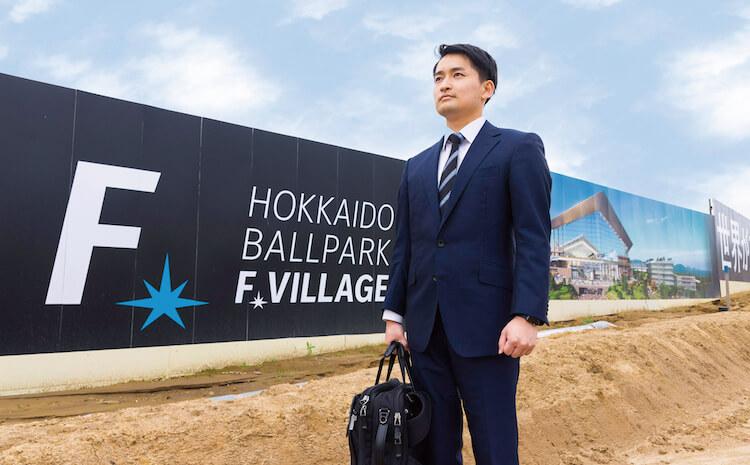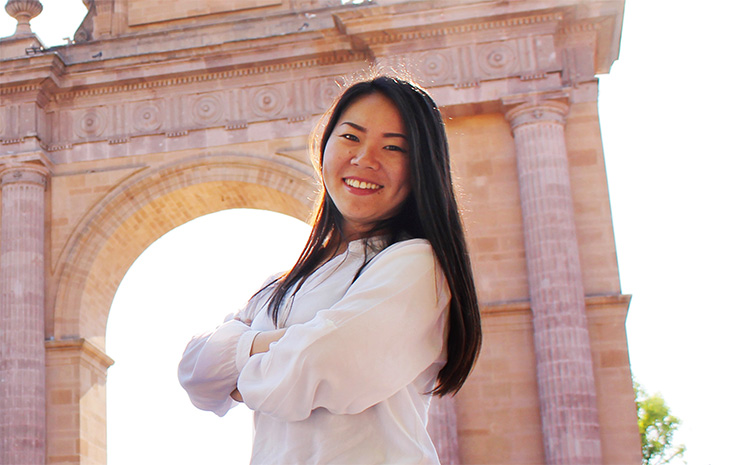
Being a Bridge between China and Japan in the Business World of China, the World's Largest Market
Mitsuo Komuro



Soka University was founded in 1971 by Daisaku Ikeda. The founding principles are: “Be the highest seat of learning for humanistic education,” “Be the cradle of a new culture,” and “Be a fortress for the peace of humankind.” Also, the university has worked to foster “creative individuals” who can utilize their intelligence to develop solutions to issues facing humankind.
In 2010, which marked the 40th anniversary of the university, the Soka University Grand Design Initiative was formulated, describing the vision of Soka University for its 50th anniversary (in 2021) and strategically setting forth the goals and plans to achieve that vision. As part of the initiative, the university has undertaken reforms including the establishment of both the Faculty of Nursing and the Faculty of International Liberal Arts, the reorganization of the Faculty of Engineering into the Faculty of Science and Engineering, and the establishment of both the Faculty of Letters in the Distance Learning Division and the Graduate School of International Peace Studies. In addition, the university has enhanced its research capabilities primarily through research centers that focus on industry-academia collaboration and research development, and promoted campus globalization as symbolized by being selected for the Top Global University Project of the Ministry of Education, Culture, Sports, Science and Technology (MEXT), and improved its campus facilities including the construction of the Hall of Learning, Global Square.
Soka University will celebrate its 50th anniversary on April 2, 2021. Its mission continues to be fostering global citizens that will practice value creation to realize the goal of establishing a peaceful society for any generation. Through the 50th anniversary commemorative project, the university will continue to serve in its role as a hub for global citizenship education by disseminating its achievements including educational and research outcomes, while concurrently forming a network with related institutions in Japan and abroad.
We ask for the support and cooperation of the alumni and other concerned parties in supporting Soka University as we take the first step towards Soka University’s next 50 years through events, symposiums, exhibitions, and publications.
April 2019
Yasunori Tashiro, Chairperson of the Board of Trustees, Soka University
Yoshihisa Baba, President, Soka University


Introduces the graduates' learning and memories at Soka University and their current situation.

Mitsuo Komuro

Toshiaki Sakai

Momoko Kurihara


Towards 100 years of Soka Education (November 18, 2030), Soka University will continue to make contributions in the fields of education, research, and society, by adhering to the goal of “a university that fosters creative global citizens” based on its founding principles.